
Several things can happen when people decide to go off alcohol or detox from it for a little while. Many times, people going through an alcohol detox will experience nausea, vomiting, dehydration, and diarrhea. During these times, it’s important to choose foods for alcohol detox like soups and clear liquids that could help ease the digestive issues and replenish the body with the vitamins and minerals that are depleted during heavy or prolonged alcohol use.
The best foods for alcohol detox processes include foods that are rich in the vitamins and minerals that alcohol depletes. Moderate protein helps rebuild the body, while foods with a high water content help with hydration issues. Fiber is important for helping rebuild a healthy gut microbiome while combatting digestive issues, and fresh fruits and whole grains could provide a much-needed serotonin boost without overdoing the calories.
If you’re interested, read through this list of the 12 best foods for alcohol detox times. At the end of the list, I’ll share my three favorite meals for helping detox from alcohol.
12 Delicious Foods For Detoxing From Alcohol
- Low-fat meats
- Quinoa
- Sweet Potatoes
- Chicken Soup
- Raspberries
- Beans
- Milk
- Rolled oats
- Apples
- Cucumber
- Broccoli
- Spinach
Low-fat Meats
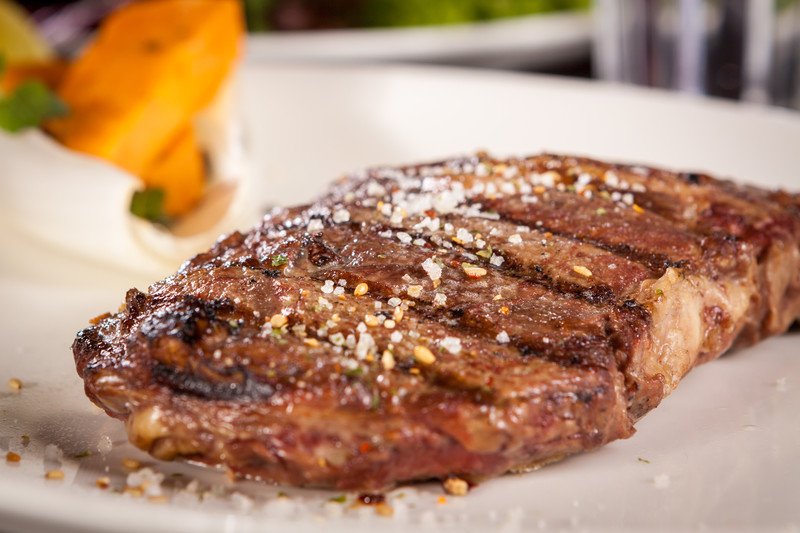
When you’re recovering from too much alcohol, it’s important to try to get enough of the vitamins and minerals that are depleted. Low-fat meats are a great source of several of those nutrients.
For example, several B vitamin deficiencies can develop during heavy, prolonged alcohol use, and lean meats are a good source of these. A four-ounce serving of 95% lean ground beef provides 105% of the daily recommendation for vitamin B12, as well as 34% for vitamin B12, 39% for niacin, 13% for riboflavin, and 15% for vitamin B5.
A zinc deficiency is common, too. A four-ounce serving of lean ground beef provides 52% of the daily recommendation for zinc. It’s also a good source of other minerals like iron, magnesium, and selenium.
Quinoa
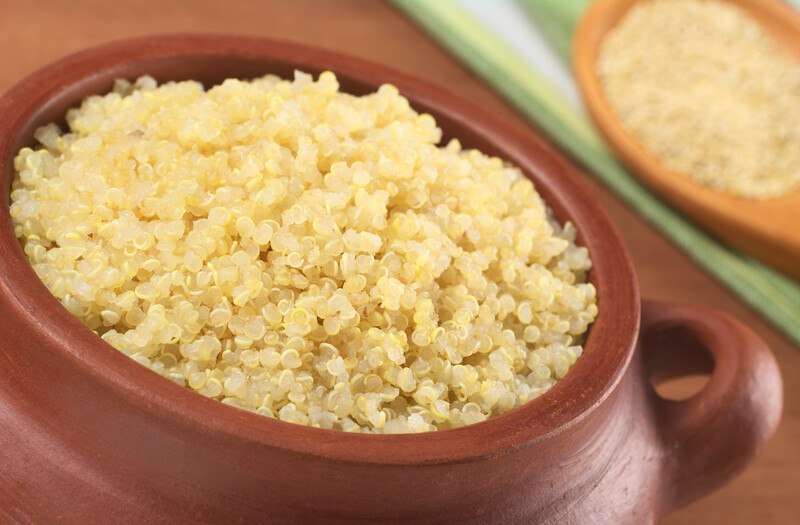
Quinoa is a seed that can be cooked like a grain and is often used as a rice substitute. It’s a great source of protein that can be used to help rebuild body tissues. It’s also high in fiber, which can help alleviate some of the digestive symptoms that detoxing people could face as they re-adjust their diets.
One cup of cooked quinoa provides 16% of the daily recommendation for protein and 19% for fiber, with just 222 calories. It’s also rich in iron, potassium, and several B vitamins, including thiamin, riboflavin, niacin, and vitamin B6. It’s also one of the foods that are rich in folate.
Quinoa is a mineral-rich food, too. One cup of quinoa provides 51% of the daily recommendation for manganese, which is often deficient in people detoxing from alcohol. Quinoa also contains significant amounts of iron, magnesium, copper, phosphorus, potassium, selenium, and zinc.
Sweet Potatoes
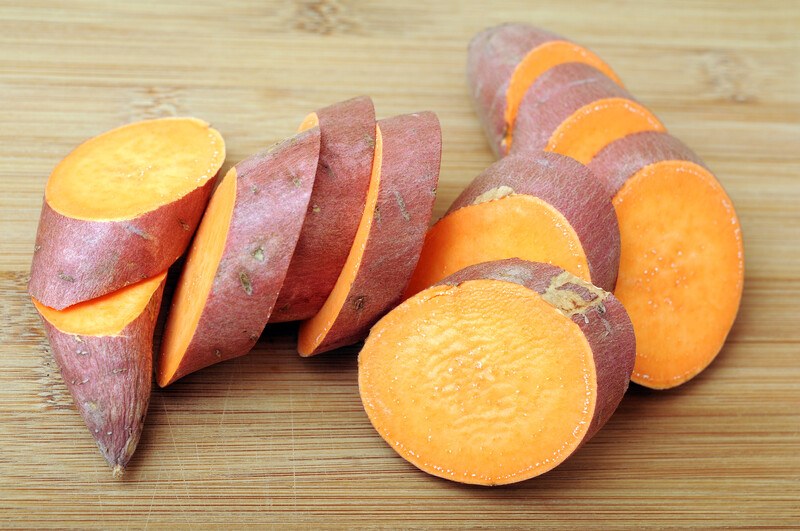
Many people detoxing from alcohol are deficient in vitamin A, and this is one nutrient that sweet potatoes are rich in. One cup of raw sweet potato cubes provides 105% of the daily recommendation for vitamin A. It’s also a good source of several B vitamins, including thiamin, which is important for preventing alcohol-induced brain damage.
Sweet potatoes also contain folate and vitamin C, which is recommended for people who are just beginning their detoxification. Sweet potatoes are a mineral-rich food, too. They provide decent amounts of potassium, manganese, magnesium, zinc, and calcium. A cup of raw sweet potato cubes supplies around 14% of the daily recommendation for fiber, too. It is also known to be one of the foods that are best for microbiome health that can help rebuild gut health.
Chicken Soup
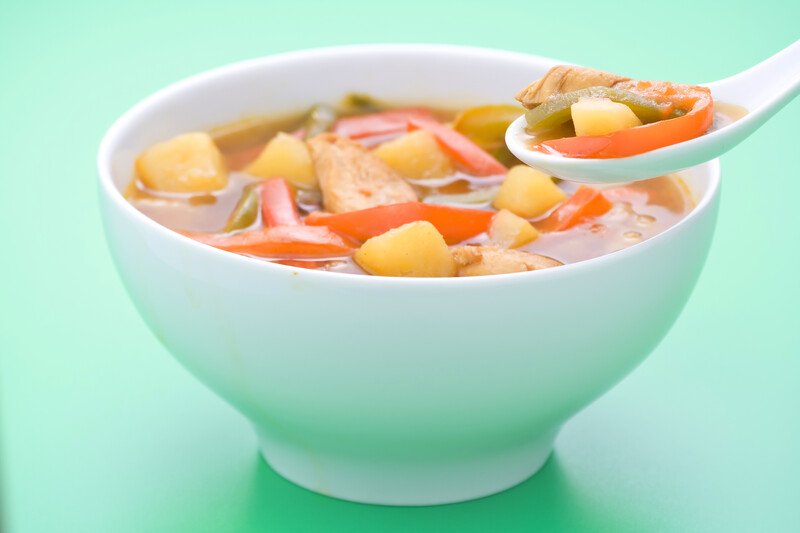
For people who are just beginning to detox from alcohol, chicken soup could help calm the stomach. During alcohol withdrawal, many people face dehydration, nausea and vomiting, and diarrhea. Chicken soup, which has long been used as a home remedy for digestive issues, does have a slight anti-inflammatory effect on the human body. Making chicken soup also has a comforting psychosocial impact that could help ease some of the symptoms of withdrawal.
It’s important to stay hydrated when recovering from alcohol, and chicken soup is a good choice for that because it contains a lot of water. Other ingredients include cooked chicken, which supplies protein, as well as a wide variety of vegetables that provide vitamins, minerals, antioxidants, and other important nutrients.
Raspberries

Raspberries are rich in several nutrients that could help with alcohol detox. They’re high in fiber (one cup of fresh raspberries contains 29% of the daily recommendation for fiber) and they also contain plenty of water.
A cup-sized serving also provides 36% of the daily recommendation for both manganese and vitamin C. Raspberries are a good source of vitamins, including thiamin, riboflavin, niacin, pantothenic acid, vitamin B6, and folate. When it comes to minerals, raspberries contain decent amounts of iron, magnesium, potassium, and zinc.
One of the nice things about raspberries is that they can count as a sweet treat. People detoxing from alcohol often crave sweets, which could help boost serotonin. Raspberries could provide the sweetness and the carbohydrate boost that supports serotonin release without overloading the recovering body with empty calories.
Beans
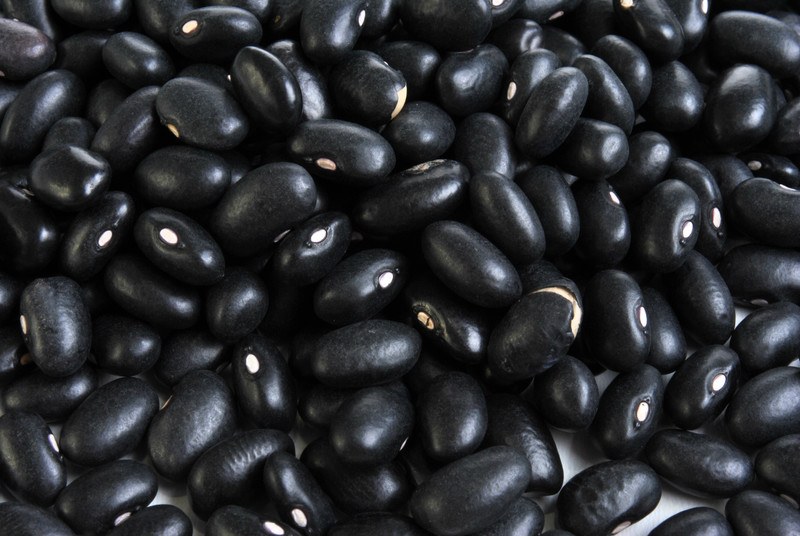
Beans, lentils, and other legumes are high in fiber, which could help rebuild a healthy microbiome, and they provide a nice boost of healthy carbohydrates that could improve serotonin levels, too.
One cup of black beans provides 44% of the daily recommendation for carbohydrates and 107% for fiber. They’re also rich in protein. This serving size contains 84% of the daily recommendation for protein, which means eating beans could help provide you with the building blocks you need as you rebuild and restore your body. For other foods rich in protein, see our list here.
Black beans contain high levels of several other nutrients, too. One cup supplies consumers with 18% of the daily recommendation for calcium, 54% for iron, and 61% for calcium. They also provide 146% of the daily recommendation for thiamin, which is great for brain health, and 215% for folate, which is necessary for the growth and repair of body tissues.
Milk
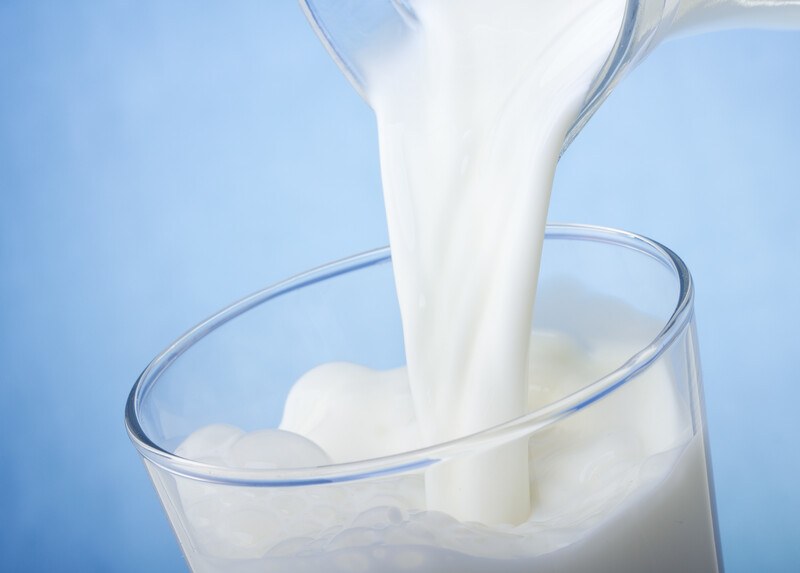
Milk could be helpful for people going through an alcohol detox for several reasons. One, it contains plenty of water that could help with hydration issues. It’s also naturally high in calcium. One cup of 2% reduced-fat milk supplies around 24% of the daily recommendation. Calcium is important because it is one of the minerals depleted during periods of heavy alcohol consumption.
A cup of milk also contains potassium, selenium, zinc, and magnesium, and it’s a good source for several B vitamins. It provides 12% of the daily recommendation for thiamin, 56% for vitamin B12, and 26% for riboflavin.
Milk is often fortified with vitamin D, and this is another plus for people recovering from alcohol consumption because this is another nutrient that’s often depleted with alcohol use.
Rolled Oats
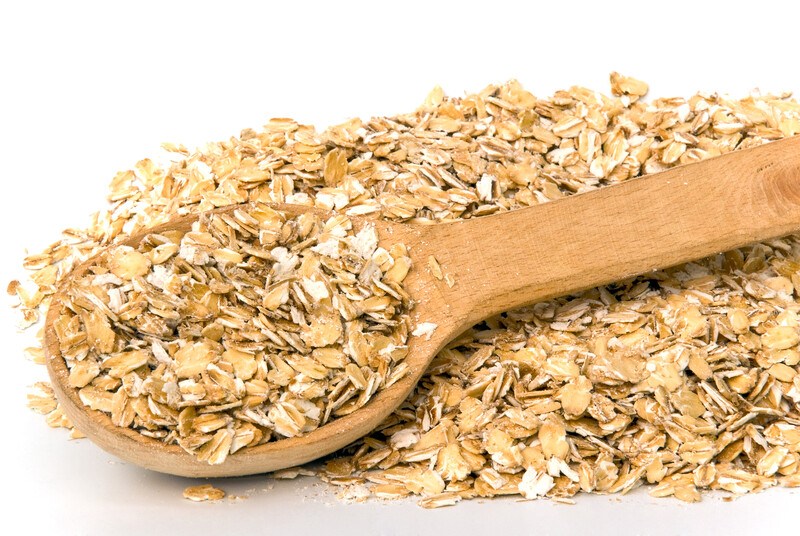
Rolled oats are rich in fiber that could help alleviate digestive issues and begin rebuilding a healthy microbiome for people going through alcohol detox. Oats contain a type of soluble fiber called beta-glucan, which has several health benefits, including reducing cholesterol levels, boosting immunity, and lowering blood sugar levels. All of these impacts could help ease people recovering from alcohol regain their health more quickly.
Oats are also high in carbohydrates, so they could provide a healthy serotonin boost that could help ease discomfort from alcohol withdrawal. A half-cup serving of rolled oats also contains 15% of the daily recommendation for iron and 14% for protein.
Apples
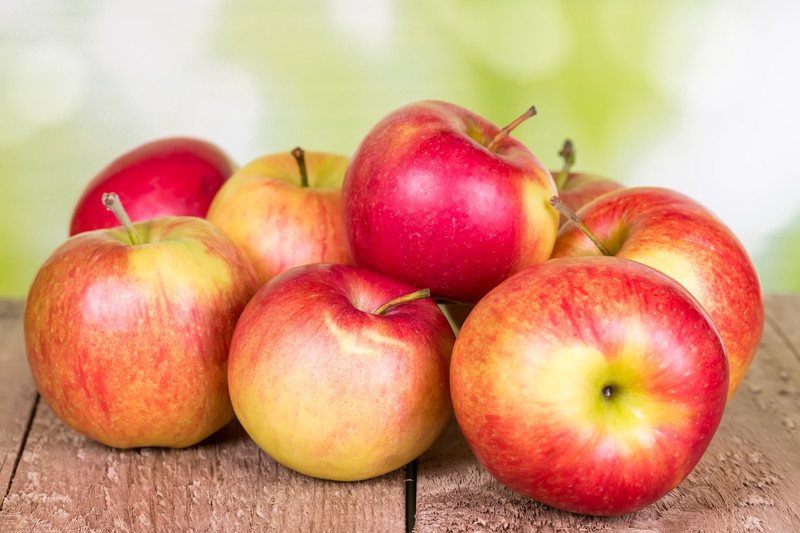
Apples and other fruits could provide the sweet-treat experience that many people recovering from alcohol consumption seek. Apples are a healthy alternative to cookies and candies because they don’t overload detoxing bodies with sugar, but they do provide a nice nutrient profile.
One small apple provides just 77 calories with 13% of the daily recommendation for fiber. It contains vitamin C, several B vitamins, vitamin K, and a number of helpful minerals. Apples also have a high water content, and they provide a type of soluble fiber called pectin that inhibits the growth of bad bacteria in the gut while promoting the growth of good bacteria.
Cucumbers
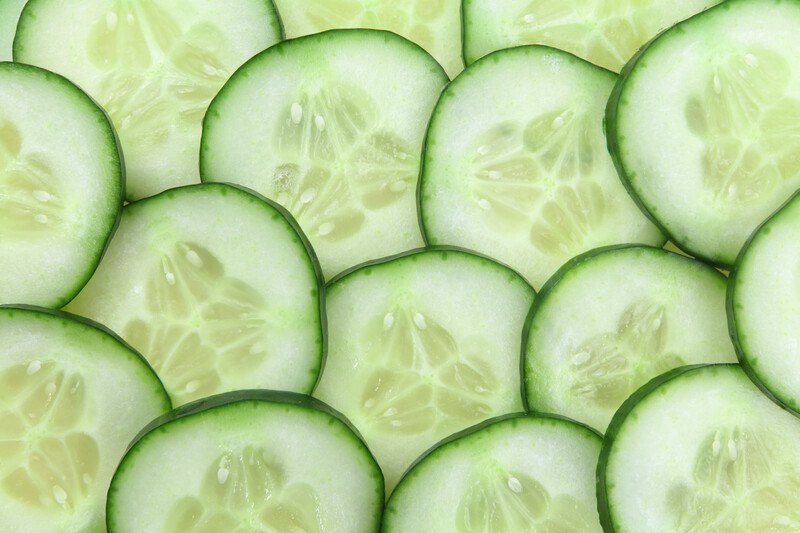
Cucumbers are often added to water, along with mint or lemon slices, to make a quick at-home detox drink. Cucumbers are packed with enzymes that could help with digestion, and it’s a water-rich food, too. It’s generally thought that eating cucumbers could help flush toxins out of the body.
Half a cup of raw cucumber slices provides a nice mix of B vitamins, minerals, fiber, and vitamin C with less than 8 calories. Cucumbers also have an anti-inflammatory effect on the body, which could help ease some symptoms of alcohol withdrawal.
Broccoli
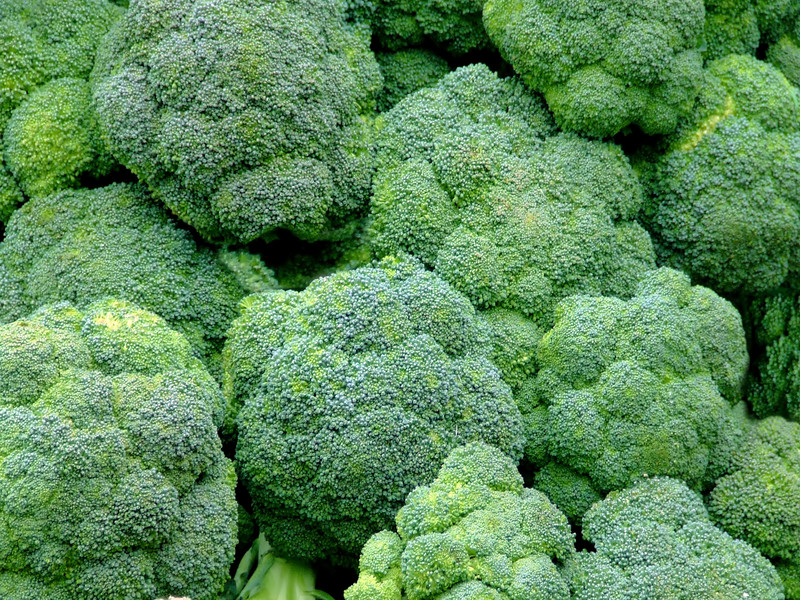
Broccoli is one of the best sources of vitamin C. One cup of raw, chopped broccoli contains around 90% of the daily recommendation for vitamin C, which is around the same amount found in an orange. Broccoli also provides fiber, Vitamin A, several B vitamins, folate, vitamin K, and minerals such as potassium, magnesium, iron, and zinc.
One interesting thing about broccoli is that it’s a member of the cabbage family, which is known for containing a compound called sulforaphane. Sulforaphane neutralizes toxins, reduces inflammation, protects DNA, and could slow the growth of some cancers. For people detoxing from alcohol consumption, the reduced inflammation and neutralization of toxins could help speed up the recovery period.
Spinach
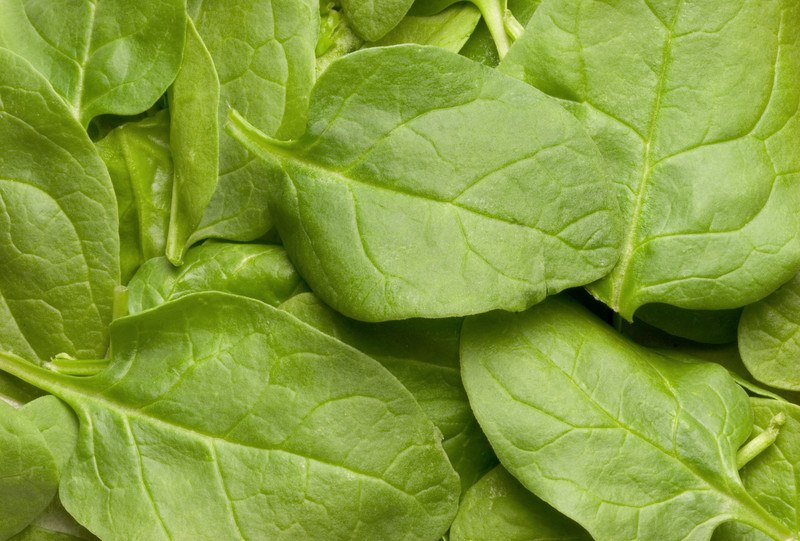
Spinach is a dark green, leafy vegetable that provides several health benefits. Like many other fruits and vegetables, spinach is low in calories but high in fiber and other nutrients. A one-cup serving of fresh spinach contains less than 7 calories, with 16% of the daily recommendation for vitamin A and 15% for folate. Spinach is also a good source of B vitamins, vitamin C, manganese, magnesium, and potassium.
Spinach really shines when it comes to vitamin K. One cup of spinach provides 121% of the daily recommendation for vitamin K. This is important for people detoxing from alcohol because it plays a role in vascular health and in bone mineralization, which can be depleted because of several mineral deficiencies occurring from heavy or prolonged alcohol use.
Three Go-To Meals For Easing Alcohol Withdrawal Symptoms

Now that you’ve read through this list of the 12 best foods for alcohol detox times, I’m going to share with you three of my favorite go-to meals to eat when you’re coming off alcohol. These meals are packed with nutrition that helps replenish your body’s stores of nutrients.
Meal idea #1: Grilled Sirloin Steak With Quinoa And Spinach Salad
Grilled sirloin steak is a great choice because it provides B vitamins and minerals with just a moderate amount of fat. A side of quinoa boosts the B vitamins and minerals even further while providing fiber, and the spinach salad ups the vitamin content even further.
Meal idea #2: Home-made Apple Cinnamon Oatmeal With Milk
This homemade oatmeal combines rolled oats with chopped apples and cinnamon powder. The apples and oatmeal both provide a heavy dose of soluble fiber, which could help boost heart health and promote a healthy microbiome in people who are detoxing from alcohol. Cinnamon could help ease digestive issues while also helping reduce inflammation.
Meal idea #3: Chicken Soup
Chicken soup is a go-to food for digestive issues. For issues like an alcohol detox, load it up with vegetables like chopped broccoli and cubed carrots. Instead of noodles, try adding quinoa or riced cauliflower. Follow the soup with a side of cucumber slices and a dessert of fresh raspberries.

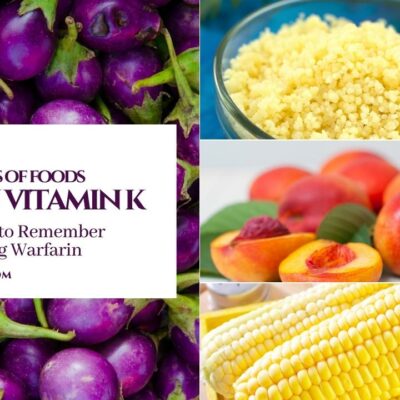

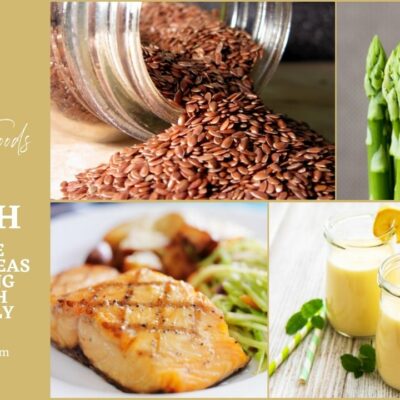




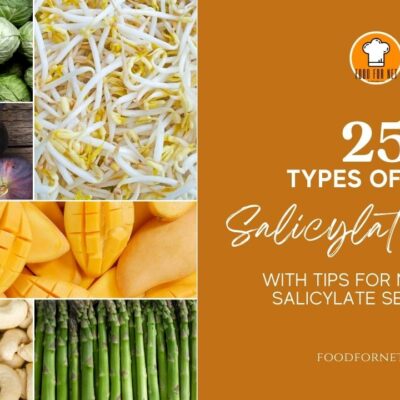
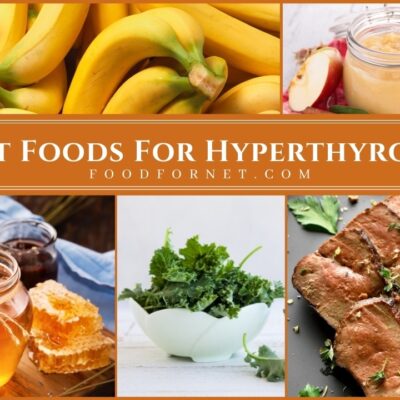


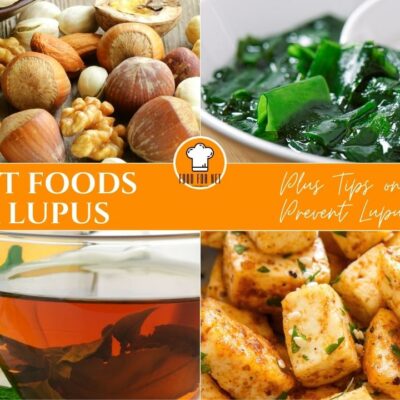
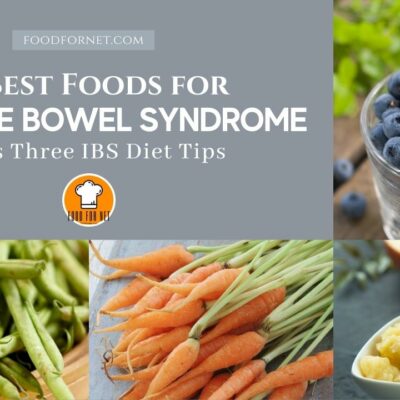



 Is Cottage Cheese Good For You?
Is Cottage Cheese Good For You?
Leave a Reply